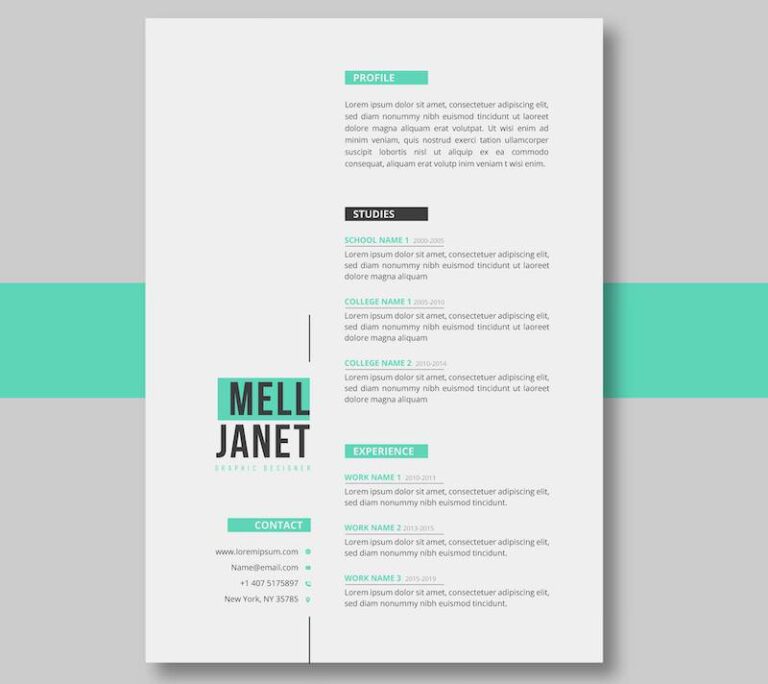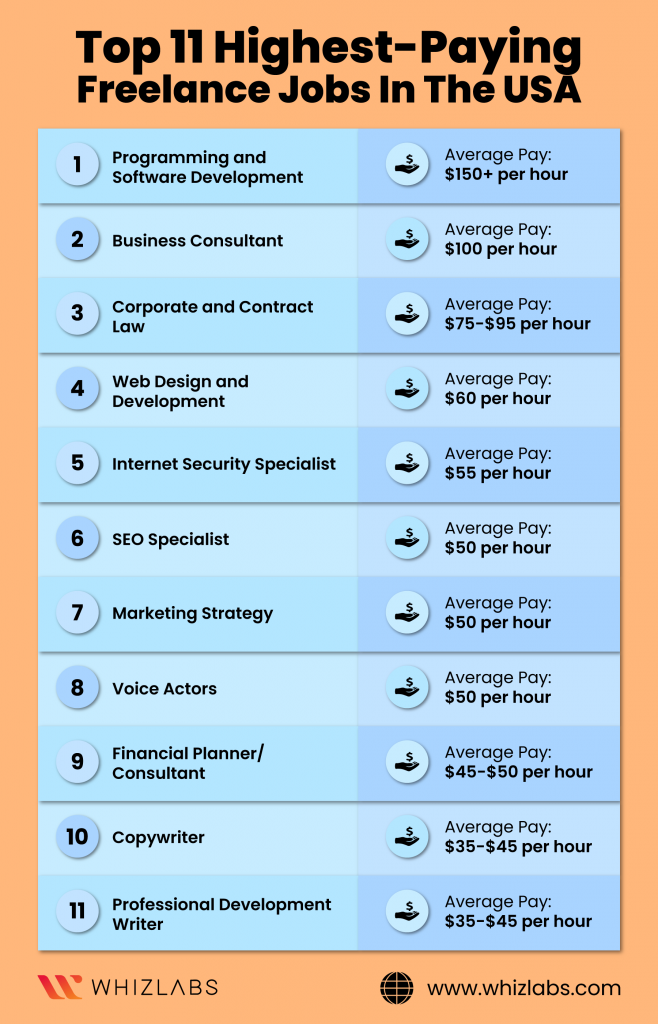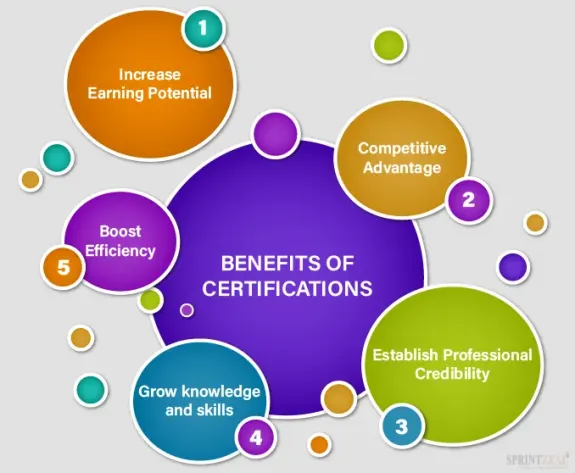Science Communication Career Prospects: Bridging the Gap Between Science and the Public
Science communication is a rapidly growing field that connects scientific research with the general public, making complex topics accessible and engaging. Whether through writing, video production, public speaking, or social media, science communicators play a vital role in helping people understand the world around them. With the increasing importance of science in areas such as climate change, healthcare, and technology, the demand for skilled science communicators is at an all-time high. This article explores the career prospects in science communication, detailing the roles, skills, and opportunities available for those looking to make a difference in how science is communicated.
The Growing Demand for Science Communication Professionals
As science continues to advance at an unprecedented rate, the need for effective communication has never been more critical. From climate science to medical advancements, the public’s understanding of complex topics is essential for informed decision-making. Science communicators play a crucial role in ensuring that research findings are conveyed accurately and engagingly to non-experts. This field offers diverse opportunities in various sectors, including academia, government, non-profits, media, and the private sector. With the rise of misinformation, the demand for skilled communicators who can explain scientific concepts clearly and truthfully is only increasing, providing a strong career outlook in science communication.
Key Roles in Science Communication: From Writing to Broadcasting
Science communication offers a wide array of career paths, each catering to different interests and skills. Some of the most common roles include:
- Science Writer/Journalist: These professionals write articles, blog posts, and reports, making complex scientific topics understandable for a general audience. They may work for newspapers, magazines, or online platforms, covering everything from research breakthroughs to policy discussions.
- Public Relations Specialist: These experts help scientists and organizations craft their public image, handling press releases, media relations, and communication strategies. They often work for universities, research institutes, or government agencies.
- Science Broadcaster: Working in radio, television, or online media, science broadcasters translate scientific information into accessible and engaging formats for audiences. They may host science-themed shows, interviews, or documentaries.
- Social Media Manager for Science Organizations: With the growing importance of social media, many science communicators manage platforms for research institutions or organizations, using platforms like Twitter, Instagram, and YouTube to engage with audiences and spread scientific knowledge.
These roles, among others, highlight the diversity and broad appeal of science communication careers.
Skills Required for a Career in Science Communication
To succeed in science communication, a blend of skills is necessary. Strong communication skills, both written and verbal, are crucial for conveying complex scientific ideas in simple, relatable ways. In addition to writing and public speaking, science communicators should be adept at using digital tools, including content management systems, social media platforms, and multimedia production software. An understanding of scientific concepts is also important, and many science communicators have backgrounds in science or journalism. Critical thinking and creativity are key to developing engaging content that captivates audiences, especially when working with visual elements or storytelling techniques.
Education and Training: How to Break into the Field
Most science communicators have at least a bachelor’s degree in a related field, such as journalism, communications, or a specific area of science (e.g., biology, physics, or environmental science). A master’s degree in science communication or a related field can be beneficial for those looking to specialize further or take on higher-level positions. There are also various certificate programs and workshops that focus on the intersection of science and communication, offering specialized skills in areas like digital media, writing for the web, or video production. Gaining hands-on experience through internships, volunteering, or freelancing can also be invaluable for building a portfolio and networking within the industry.
Career Prospects and Growth in Science Communication
The future of science communication looks bright, with a growing demand for professionals in this field. As public interest in science-related issues continues to rise, particularly in the realms of climate change, public health, and technology, science communicators will be needed to bridge the gap between research and the public. The rise of digital media, podcasting, and online learning platforms is also expanding the reach of science communicators, providing new opportunities to engage with global audiences. With advancements in technology and the increasing role of science in daily life, career prospects in science communication will continue to grow, offering competitive salaries and the chance to make a meaningful impact on society.
FAQs
Q1: What qualifications do I need to pursue a career in science communication?
A bachelor’s degree in communications, journalism, or a science-related field is typically required. Specialized training or a master’s degree in science communication can enhance your qualifications and open up more opportunities.
Q2: What skills are most important for a science communicator?
Key skills include strong writing abilities, proficiency in digital tools (e.g., social media, video editing), scientific literacy, creativity, and the ability to simplify complex concepts for a broad audience.
Q3: Can I work in science communication if I don’t have a science background?
Yes, many science communicators come from journalism or communications backgrounds. However, having a basic understanding of science or a passion for learning about it can be extremely helpful.
Q4: Are there freelance opportunities in science communication?
Yes, freelance opportunities in science communication are abundant. Many science communicators work as freelance writers, content creators, or consultants for universities, research institutions, and media outlets.
Q5: What is the job outlook for science communicators?
The job outlook for science communicators is positive, with demand growing in response to the increasing need for public understanding of science. This is particularly true in fields like healthcare, climate science, and technology.


